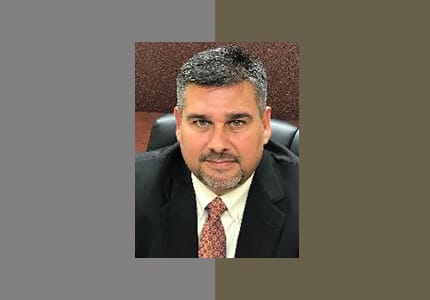Hearsay is a term that people often attach a non-legal definition to. In general, people tend to think of hearsay as an unsubstantiated rumor.
In a criminal trial, hearsay refers to witness testimony containing an unsworn statement made by someone other than the witness testifying. It is not admissible as evidence.
Texas’ statutory definition
Texas law defines hearsay clearly. It is a statement made outside of court (not under oath) that a party attempts to use to prove the truth of the matter asserted in that statement.
An example scenario
A prosecutor who asks a witness what he or she heard a third party say about a defendant may be attempting to elicit hearsay. For example, a prosecutor trying to establish that a defendant sold someone a controlled substance cannot ask a witness, “Did Mr. Smith tell you that he bought the drugs from the defendant?” In this example, the prosecutor is trying to use the out of court statement made by Mr. Smith to show that the defendant sold Mr. Smith drugs.
Why hearsay is a problem
The principal reason that there are restrictions against this type of testimony is that it deprives defendants of due process. In effect, allowing hearsay into evidence would be like allowing testimony that is not made under oath. Furthermore, a defendant’s counsel would not have the opportunity to cross-examine the person who made the statement.
Lawyers will strongly object to hearsay in witness’ testimony. Hearsay statements cannot help prosecutors establish guilt, nor can they help defendants prove their innocence.

